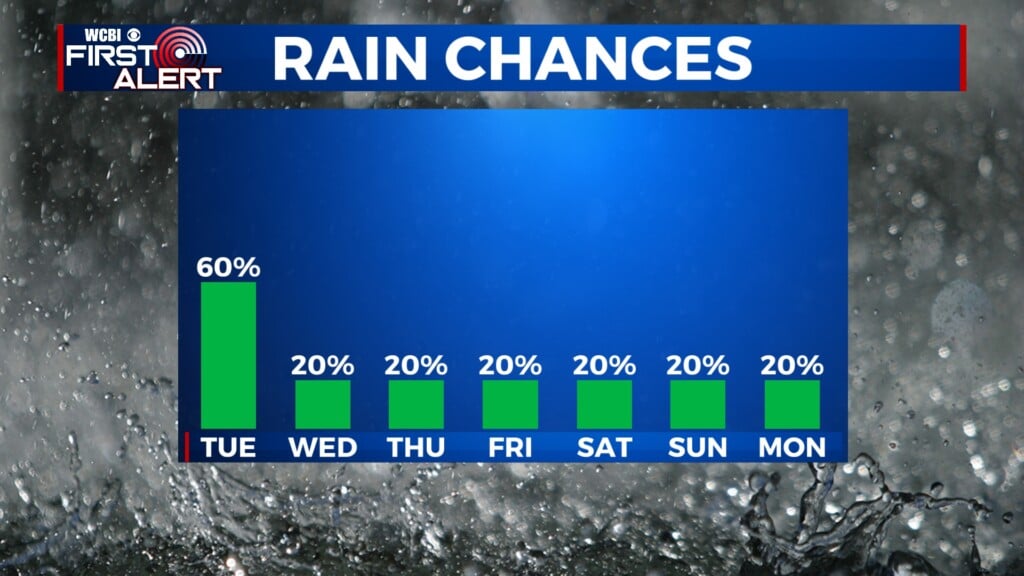Nationwide event aims to give those with convictions fresh start
Congress appears close to relieving banking restrictions for cannabis business owners, with a bill allowing companies to use financial institutions for their banking needs recently passing the House. Advocacy groups across the country this week want to level the playing field for citizens with a criminal history as well — especially when it comes to drug offenses.
In its second year, National Expungement Week is a collective of events across the U.S. that offers legal assistance to Americans with convictions on their records. Co-founder Torie Marshall spoke with CBS News during a community forum in Washington D.C. about the initiative.
“There’s other acts that we should be pushing for first and when we talk about economic or generational wealth, we’re not talking about people of color. We are not talking about the people that have been affected by the War on Drugs,” said Torie Marshall, one of the co-founders of National Expungement Week.
Trending News
The goal is to not just help people seal or remove records, but provide access to services that ensure people are getting the support they need. “The wrap-around services that we’re showing them, they have access to it almost seven days a week in their neighborhood or their community so they should be taking advantage of it,” said Marshall.
According to a press release, the event has expanded substantially since last year; in 2018, an estimated 298 people were able to begin the process of changing their records. This year, the event includes corporate partners such as Houseplant, whose co-founder, actor Seth Rogen did an explainer video to raise awareness about National Expungement Week.
Advocacy groups are also aligning with a separate national effort to register voters.
On Wednesday, community members in Washington, D.C. sat down for a session with Councilmember Kenyan R. McDuffie of the district’s Ward 5 to advocate for legislation that supports those who have been convicted of drug-related crimes.
One speaker, John Che Larracuente, who was recently denied a request for expungement this summer, was in the midst of his undergraduate studies at Howard University when he was arrested for marijuana possession with intent to distribute. Larracuente says that he was using cannabis to help him manage his epilepsy, which had started to worsen.
“The neurologist that was seeing me during my college years, she told me in front of my mother, ‘I don’t know how you are still alive.’ So that was kind of eye opening in the sense that my own doctor was not really educated enough to cure me.”
Larracuente has since graduated from college and moved into entrepreneurship because of the difficulties he has faced obtaining a traditional job. He is now a social justice advocate and works as a consultant.
Mike Taylor, another entrepreneur, finished serving time on drug charges in the D.C. area more than 26 years ago. He has had all but one of his records expunged, which he did not know was possible until he heard about the event last year.
Now living in Georgia, Taylor said he hasn’t been able to have sole ownership of his businesses due to issues with background checks. Taylor recalls being overwhelmed with emotion when he got notice that his record was partially cleared.
“I just had a moment and I had to have that moment, because it was a relief.”
States have varying policies on how documents are sealed or removed from public record and take into consideration age of the offender, gravity of the offense, whether there was a conviction and if the offender has fully completed the requirements of their sentence, including parole in some states.
McDuffie sponsored the Clean Slate Amendment of 2019, which broadens the sealing of records such as non-convictions and certain misdemeanors and felonies, told CBS News that the district has made efforts to provide relief for some residents.
“What we’re doing is looking at certain other misdemeanors and felonies that we might make eligible to be expunged rather than simply sealed,” said McDuffie.
He added that the district has been working on various angles to criminal justice reform.
“I see my work on the Clean Slate Act in the context of those other efforts of criminal justice reform.”
For Larracuente, progress is more than just expanding the availability of record-sealing and expungement options.
“Moving forward, we need people of color in ownership,” Larracuente said.
“Why not make it a real free market,” he added. “And why not put people of color to own and make money to benefit off that market?”





Leave a Reply